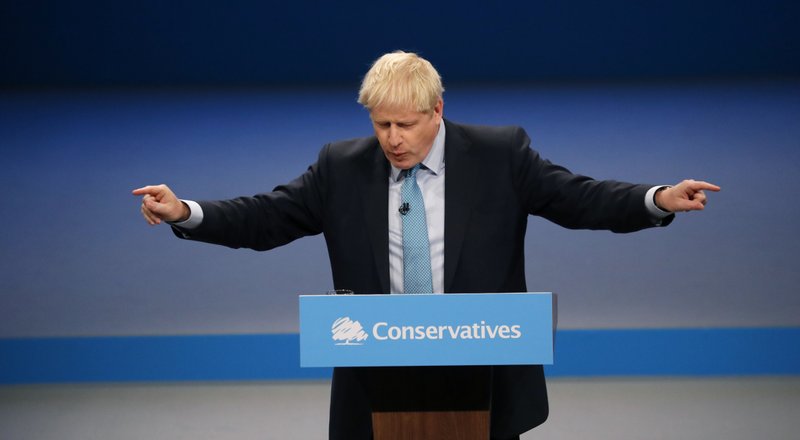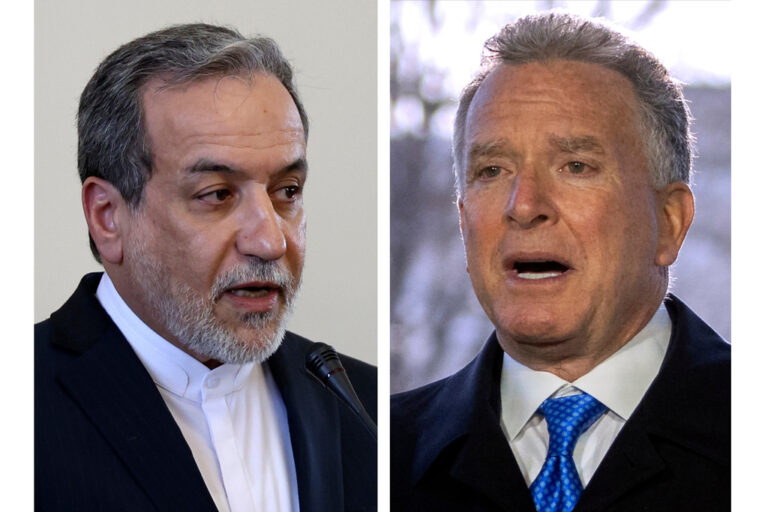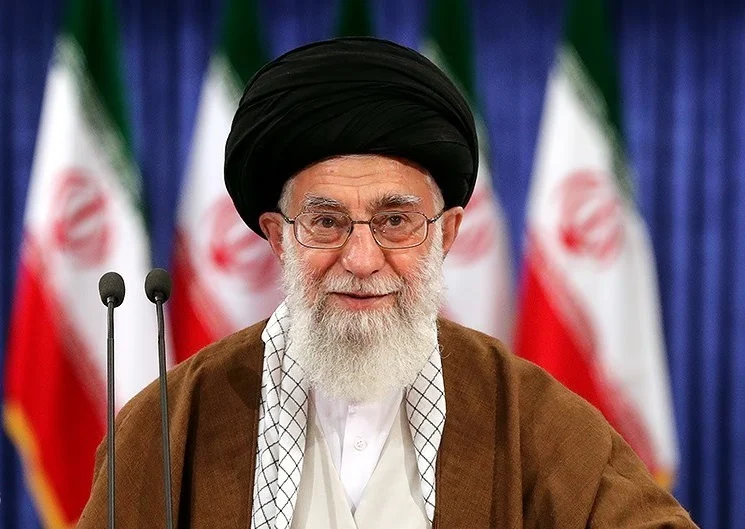The U.K. offered the European Union a proposed last-minute Brexit deal on Wednesday that it said represents a realistic compromise for both sides, as British Prime Minister Boris Johnson urged the bloc to hold “rapid negotiations towards a solution” after years of wrangling.
With Britain due to leave the bloc at the end of this month, Johnson said in a letter to European Commission President Jean-Claude Juncker that not reaching a deal would be “a failure of statecraft for which we would all be responsible.” He did not mention that the EU and the U.K. did reach a deal in 2018 _ only for it to be rejected, three times, by Britain’s Parliament.
The EU gave the proposals a guarded welcome and said the two sides would negotiate over the coming days. Juncker said he welcomed Johnson’s “determination” to make progress but noted there were still some “problematic” areas. Finland, which currently holds the EU presidency, said the 27 other member states would “engage actively” with the U.K. proposals, and chief negotiator Michel Barnier said they represented “progress.”
The new proposals focus on maintaining an open border between the U.K.’s Northern Ireland and EU member Ireland _ the key sticking point to a Brexit deal. The U.K. proposes to do that by keeping Northern Ireland closely aligned to EU rules for trade in goods, possibly for an extended period.
The proposals, and Johnson’s letter, were conciliatory, despite having been billed by Johnson’s office as a take-it-or-leave it “final offer.”
Instead, Johnson used a speech to his Conservative Party to implore the bloc, and Britons, to end more than three years of acrimonious wrangling over the terms of the U.K.’s exit from the EU.
“Let’s get Brexit done,” was the repeated refrain to delegates at the conference in Manchester, northwest England.
British voters in 2016 narrowly chose to leave the EU but the country remains deeply divided over how to do it. In his speech, Johnson said people who voted for Brexit “are beginning to feel that they are being taken for fools.” He warned of “grave consequences for trust in our democracy” if Britain did not leave the EU on the scheduled date of Oct. 31.
He said the government was offering “constructive and reasonable proposals” to the EU.
The plan is “a compromise by the U.K. And I hope very much that our friends understand that and compromise in their turn,” Johnson said.
But the plan is likely to face deep skepticism from EU leaders, who will need to be convinced the U.K. has a workable proposal to avoid checks on goods or people crossing the Irish border.
A Brexit agreement between the EU and Johnson’s predecessor, Theresa May, was rejected by the U.K. Parliament, largely because of opposition to the “backstop,” an insurance policy designed to ensure there is no return to customs posts or other infrastructure on the Irish border.
An open border underpins both the local economy and Northern Ireland’s peace process. But Johnson and other British Brexit supporters oppose the backstop because it would keep the U.K. tightly bound to EU trade rules in order to avoid customs checks — limiting the country’s ability to strike new trade deals around the world.
Johnson insisted that “we will under no circumstances have checks at or near the border in Northern Ireland.”
The British proposal involves “an all-island regulatory zone on the island of Ireland, covering all goods including agrifood.” That would keep Northern Ireland in a regulatory zone with the EU for food, agricultural and industrial products, removing the need for checks.
The U.K. proposal does not put a time limit on that status, though it would have to be renewed every four years by the Northern Ireland Assembly. However, that assembly has been suspended for more than two years by a dispute between the main Unionist and Nationalist power-sharing parties.
Under the plan there would still need to be customs checks, but Johnson suggested they could be carried out away from the border at “other points on the supply chain.”
The Irish government said Prime Minister Leo Varadkar spoke to Johnson by phone on Wednesday. It said that while “the proposals do not fully meet the agreed objectives of the backstop,” Varadkar would “study them in further detail.”
Johnson has vowed that Britain will leave on Oct. 31, with or without a Brexit deal.
In Wednesday’s speech he repeated his contention that the U.K. can handle any bumps that come from tumbling out of the bloc without a deal, which would mean the instant imposition of customs checks and other barriers between Britain and the EU, its biggest trading partner.
A no-deal Brexit is “not an outcome we want … (but) it is an outcome for which we are ready,” he said.
But the U.K. government and businesses both say the disruptions would be substantial, with the flow of goods coming into Britain through the major Channel port of Dover cut in half.
Many lawmakers want to prevent a no-deal exit, and have passed a law that compels the government to seek a delay to Brexit if it can’t get an agreement with the EU by Oct. 19. Johnson says he won’t do that _ although he also insists he will obey the law. He has not explained how doing both will be possible.
Johnson also suffered a major setback when the U.K. Supreme Court ruled last week that his attempt to shut down Parliament for five weeks was unlawful because it had the effect of frustrating Parliament’s ability to scrutinize the government’s Brexit plan.
The British government said Wednesday it will ask Queen Elizabeth II to suspend Parliament again next week _ but just for a few days ahead of a speech on Oct. 14 laying out the administration’s plans. A short suspension of that kind is routine and usually happens about once a year.
Johnson, who has had a tumultuous 70 days in office, is eager to refocus attention away from Brexit. On Wednesday he delivered a speech peppered with puns, grand claims about Britain’s greatness and jokes at the expense of his opponents _ chiefly left-wing Labour Party leader Jeremy Corbyn, whom he dubbed a “communist cosmonaut.”
It was also, pointedly, a pre-election speech, with a grab-bag of promises: more money for hospitals and police, unspecified tax cuts, greener buses and faster internet access.
The brash Brexit champion is popular with many Conservatives, who welcome his energy and optimism after three years of Brexit gridlock under May. Some, though, have qualms about his personal conduct and his divisive tactics, which include using words like “surrender” and “betrayal” about opponents of Brexit.
He has been dogged by allegations that he handed out perks to a female friend’s business while he was mayor of London and groped the thigh of a female journalist at a lunch two decades ago. Johnson denies impropriety in both cases.
The claims have not dented his popularity among many Conservatives.
“We don’t need Saint Boris, thank you,” said Jean Chesworth, a delegate from Newcastle-under-Lyme in central England. “We’re none of us saints. We can all look at the skeletons in our cupboards.”
(AP)











